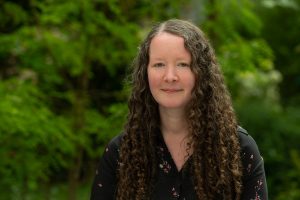Improving Early Years Practice through Professional Support by Speech and Language Therapists: A feasibility study
The Project
It is well-established that greater socioeconomic disadvantage is associated with weaker language skills at school entry and that these early weaknesses increase throughout primary school. The vast majority of successful interventions targeting preschool children have been highly structured and tightly time-bound, and based on prescriptive manuals and specific materials. Although some “packaged” interventions have proved popular in some local authorities and schools, there are many local authorities and schools that prefer to use less prescriptive, more tailored (‘contextualised’) approaches to supporting children’s language. The proposed research will investigate the effects of less prescriptive approaches emphasising support to practitioners by Speech and Language Therapists (SLTs).
Specifically, this research involves the small-scale pilot of a Randomised Controlled Trial (RCT) evaluation of preschool language interventions in two Local Authorities (LAs). Interventions focus on continuing professional development (CPD) for practitioners aimed at supporting staff in early years settings to improve their provision for children’s language development, led by SLTs in each LA.
The main aims of the project will be to investigate whether and to what extent these interventions have effects on teachers’ practice, professional knowledge and confidence, and on child communication and language outcomes, over the course of one school year (2020-21). An additional aim will be to assess the feasibility of and to provide recommendations for a larger-scale evaluation.
In partnership with the Institute for Employment Studies, who are running a parallel process evaluation.
Research Team
More Projects
-
ProjectPupil interactions and networks in special schoolsDiscover MoreStart date: September 2024End date: August 2025
-
ProjectFeasibility trial of an adapted anti-bullying programme for children in special schoolsDiscover MoreStart date: October 2024End date: September 2026
-
ProjectEffects of Education Endowment Foundation interventions on protection from COVID-19 learning lossDiscover MoreStart date: October 2024End date: March 2025
-
ProjectLangQuest-EY: A self-report educator questionnaire to assess confidence in language supporting practices in early years settingsDiscover MoreStart date: July 2023End date: March 2024
-
ProjectEffectiveness Trial for the Evaluation of the Mathematical Reasoning Programme for Year 2 Pupils Using an Online Professional Development Training ModelDiscover MoreStart date: February 2024End date: March 2026
-
ProjectOnline Professional Development for Delivering the Mathematical Reasoning Programme in Year 2Discover MoreStart date: November 2022End date: October 2023
More News
-
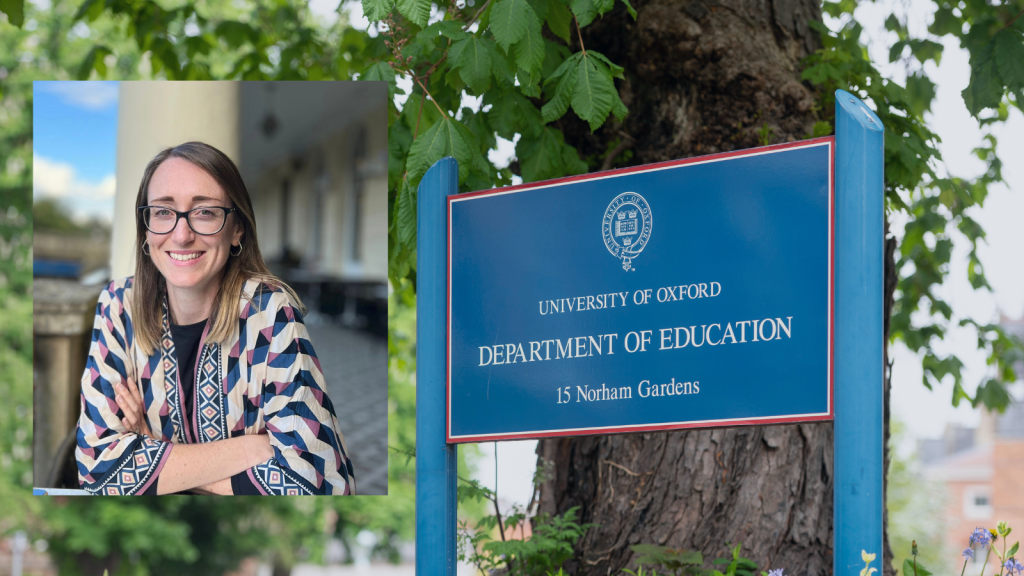 NewsNew definition for bullying released to better support pupils and schoolsMay 8, 2025
NewsNew definition for bullying released to better support pupils and schoolsMay 8, 2025 -
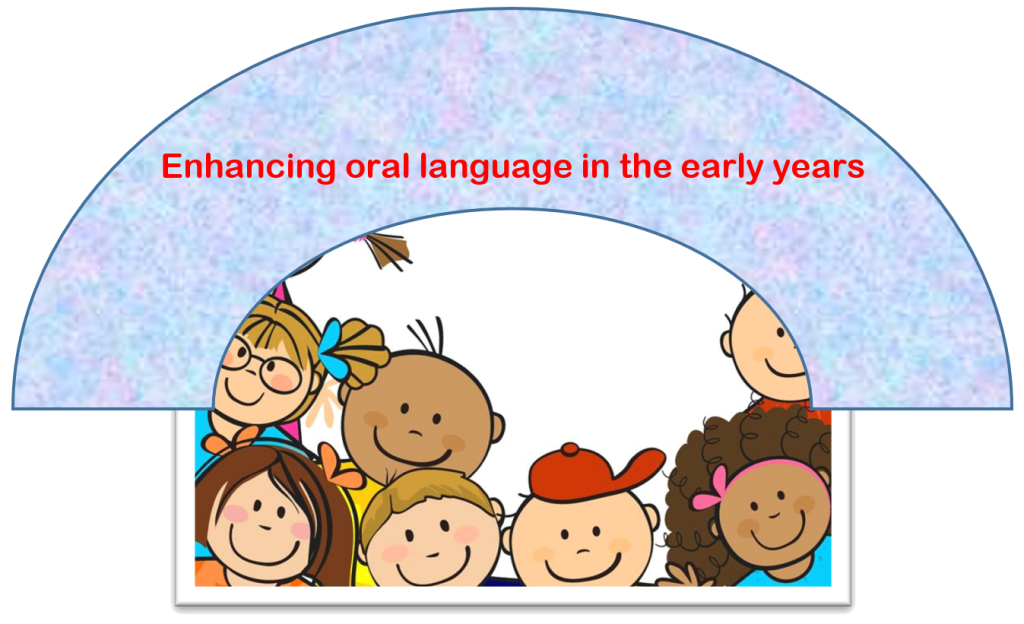 NewsNew trial will evaluate Talking Time programme for Early Years practitionersJanuary 25, 2024
NewsNew trial will evaluate Talking Time programme for Early Years practitionersJanuary 25, 2024 -
 NewsReport published today provides evidence on what influences EAL learners to mitigate language learning lossMarch 17, 2021
NewsReport published today provides evidence on what influences EAL learners to mitigate language learning lossMarch 17, 2021 -
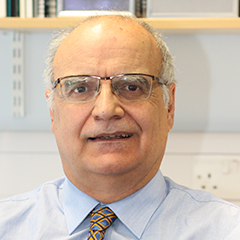 MediaProfessor Edward Melhuish in a TRT World Roundtable discussion on the return to schoolAugust 31, 2020
MediaProfessor Edward Melhuish in a TRT World Roundtable discussion on the return to schoolAugust 31, 2020 -
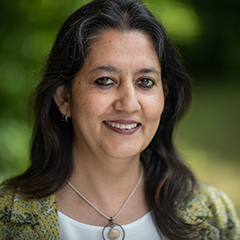 NewsPutting children first: sharing research evidence to inform Indian education policy and practiceAugust 11, 2020
NewsPutting children first: sharing research evidence to inform Indian education policy and practiceAugust 11, 2020
Project Details
Research Team
More Projects
-
ProjectPupil interactions and networks in special schoolsDiscover MoreStart date: September 2024End date: August 2025
-
ProjectFeasibility trial of an adapted anti-bullying programme for children in special schoolsDiscover MoreStart date: October 2024End date: September 2026
-
ProjectEffects of Education Endowment Foundation interventions on protection from COVID-19 learning lossDiscover MoreStart date: October 2024End date: March 2025
-
ProjectLangQuest-EY: A self-report educator questionnaire to assess confidence in language supporting practices in early years settingsDiscover MoreStart date: July 2023End date: March 2024
-
ProjectEffectiveness Trial for the Evaluation of the Mathematical Reasoning Programme for Year 2 Pupils Using an Online Professional Development Training ModelDiscover MoreStart date: February 2024End date: March 2026
-
ProjectOnline Professional Development for Delivering the Mathematical Reasoning Programme in Year 2Discover MoreStart date: November 2022End date: October 2023
More News
-
 NewsNew definition for bullying released to better support pupils and schoolsMay 8, 2025
NewsNew definition for bullying released to better support pupils and schoolsMay 8, 2025 -
 NewsNew trial will evaluate Talking Time programme for Early Years practitionersJanuary 25, 2024
NewsNew trial will evaluate Talking Time programme for Early Years practitionersJanuary 25, 2024 -
 NewsReport published today provides evidence on what influences EAL learners to mitigate language learning lossMarch 17, 2021
NewsReport published today provides evidence on what influences EAL learners to mitigate language learning lossMarch 17, 2021 -
 MediaProfessor Edward Melhuish in a TRT World Roundtable discussion on the return to schoolAugust 31, 2020
MediaProfessor Edward Melhuish in a TRT World Roundtable discussion on the return to schoolAugust 31, 2020 -
 NewsPutting children first: sharing research evidence to inform Indian education policy and practiceAugust 11, 2020
NewsPutting children first: sharing research evidence to inform Indian education policy and practiceAugust 11, 2020






